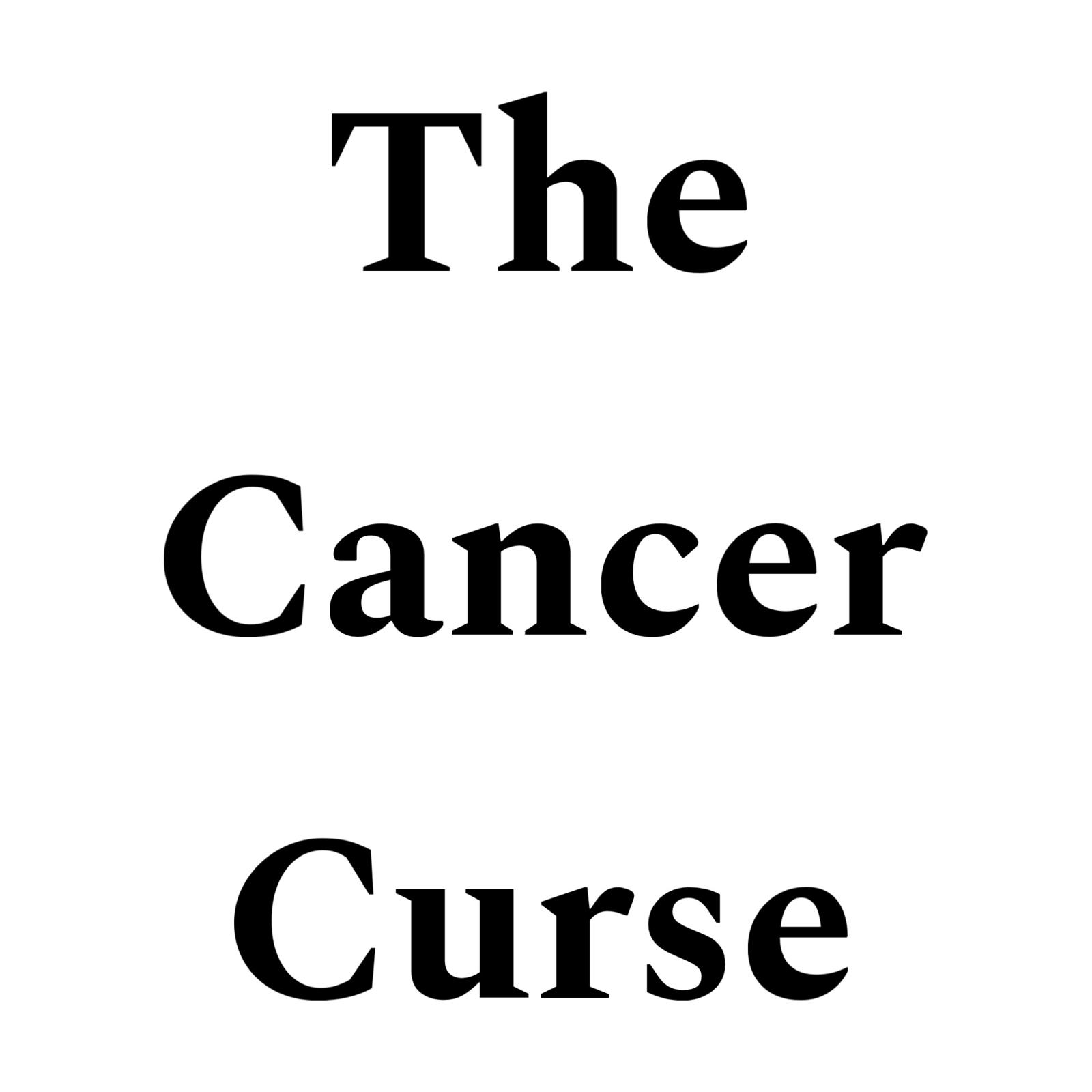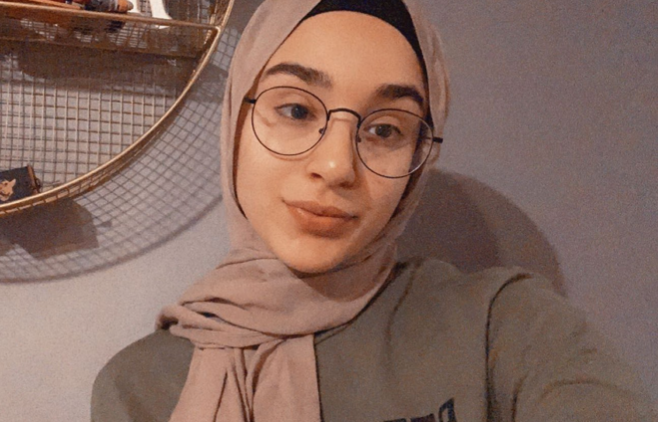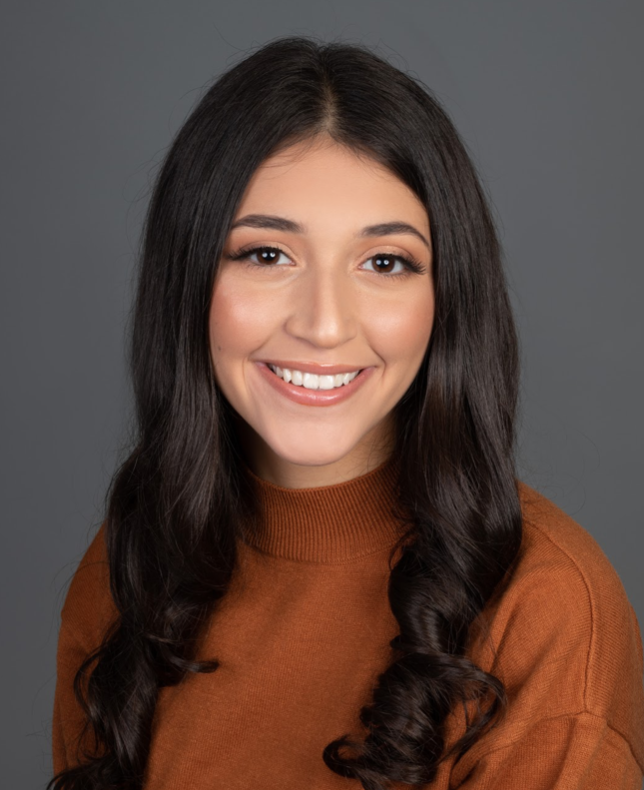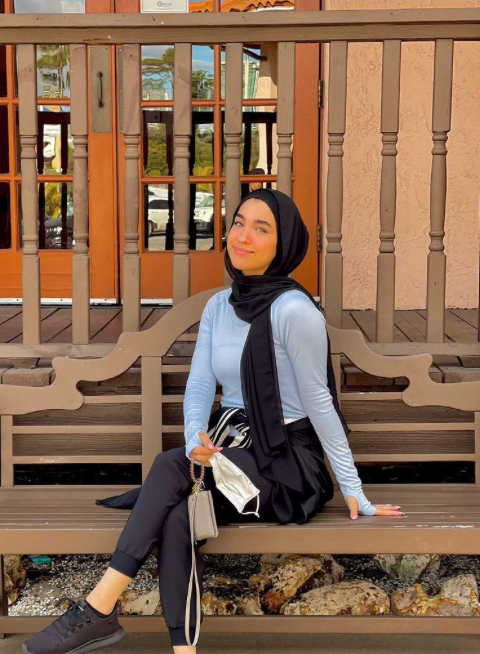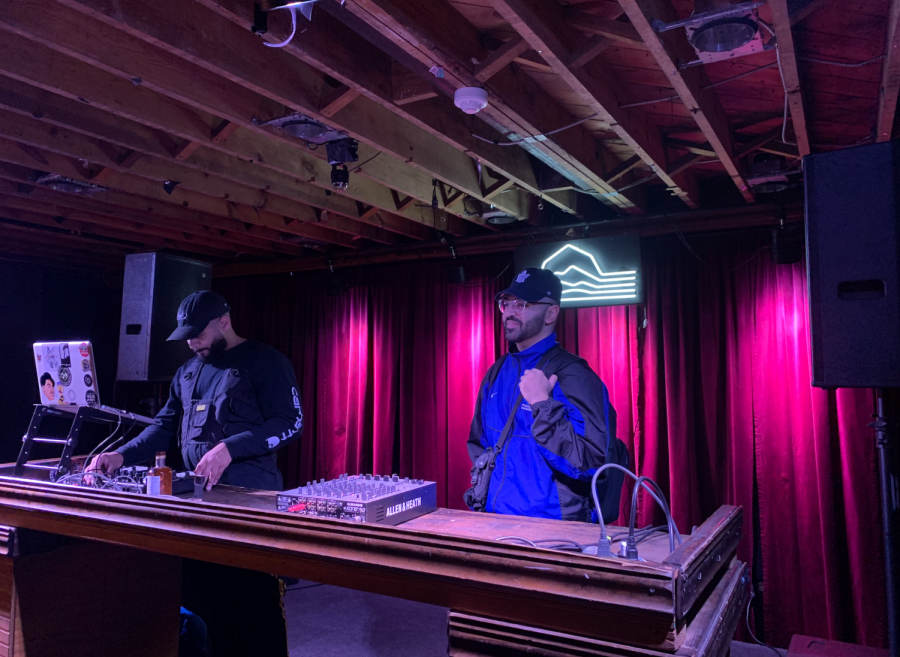Never in a million years did I ever imagine that I would spend the final moments of my mother’s life, in my teenage years, clenching her hands in a hospital. It felt like an endless nightmare. On Wednesday evening, July 19, I was told these were her final hours, but I clung to hope, believing she would find the strength to fight until she took her final breath.
In early 2013, my mother Ikhlass Alsarraf, was diagnosed with Stage 3 breast cancer. At the time, I was in second grade and I could barely comprehend the ordeal my family was facing. However, with time, gravity of the situation became more clear. During this period, she fought a grueling battle against cancer, enduring endless rounds of chemotherapy and radiation treatments, resulting in excruciating side effects. Rather than controlling the side effects, the doctors would pump her up with sedatives to sleep them off. I remember on treatment days, my mom would sleep in a separate room for days on end. My older sister said that was because the treatment could have detrimental effects on our bodies. My mother also underwent a mastectomy that left her hospitalized for an extended period. All in all, during my elementary years, I don’t remember my mother being all that present in my life because of the agonizing battle she was facing in order to live. This required that I grow up faster than the average elementary student.
By mid-2015, she was declared cancer-free. Despite this prognosis, she still had to be consistently monitored for recurrence and was put on oral preventive therapy to prevent relapse. Unfortunately, the doctors failed to prevent the adverse effects of the preventive treatment, which is well-studied in the medical world. This adverse effect is ultimately what led to her uterine cancer diagnosis in October 2021.
Upon discovery of a single large tumor in my mom’s uterus in July 2021, there were multiple failed biopsies, which ultimately led to delayed diagnosis and treatment. After undergoing a full hysterectomy (surgical removal of the uterus and other reproductive organs) in October 2021, it was found that the cancer had spread to other organs, leading to her terminal diagnosis of stage 4B uterine carcinosarcoma. The doctors gave my mom a grim estimate of 8-12 months to live. Being on the receiving end of this devastating diagnosis, my chest felt heavy. It felt like my worst nightmare came to life. The only thing I understood was that stage 4 cancer was equivalent to a death sentence. One of the biggest challenges I had to face, at that time, was having to return to school the following day- to pretend that everything was normal, when in reality the future seemed so bleak.
Despite the poor prognosis, my mother was determined to fight for her family’s sake. She underwent only 6 cycles of chemotherapy with supportive treatment recommended by my older sister and, miraculously, was declared cancer-free in April 2022. I’ll never forget the day I received the call my mom was cancer-free while I was at school- it was during passing time. I remember screaming and crying in the hallways, “My mom is cancer-free!” Sadly, the cancer didn’t let her off that easily, 6 weeks later, my mom was re-diagnosed with uterine cancer for a second time. This meant that the chemotherapy was not able to cover the recurrence of the disease. The doctors told my mom to consider end-of-life care, as other treatments don’t seem promising.
Still, my mom didn’t give up. She underwent countless radiation treatments and a clinical trial my older sister enrolled her in, which only prolonged her life but not the problem at hand. By May 2023, the cancer had begun to spread, hitting various nerves in the process, which caused excruciating pain to the point she had to get 2 nerve blocks which were unsuccessful. Despite the unsuccessful supportive treatments, she clung to hope and continued to ask for more treatment, until tragedy hit.
On June 24, 2023, she was rushed to the emergency room due to life-threatening complications and was transferred to the cancer floor at Henry Ford Hospital where she was closely monitored by cancer providers and my older sister who is a pharmacist. The cancer doctors worked with my sister to provide quality health care and improve health outcomes for my mom. At some point, her condition improved and there was a chance she could be discharged to go home. However, her condition took a worse turn on the evening of July 4. Before leaving her that night, I remember opening the blinds for my mom so she would be able to see the fireworks from her hospital room, telling her “I better find you walking tomorrow.” She assured me she would be.
A little after midnight my family received a call from the hospital. My mom was transferred to the ICU because of new complications that included aspiration pneumonia. My mom was put on a ventilator for almost a week. While on the ventilator, my older sister taught me how to monitor her vitals while she was busy working with providers on figuring out an efficient treatment plans. I thought I wouldn’t be able to hear her voice ever again until they extubated her off the ventilator on July 10 pos t successfully treating the pneumonia and other infections.
Despite this news, the other complications were worsening. I anticipated her return home, as it had been the norm for her to be in and out of the hospital until my dad broke the news that this would be her final trip to the hospital. It was hard to believe because I had seen my mother persevere through the most painful situations words can’t describe. On July 19, 2023 my dad called every one of my immediate family members to my mother’s room to say the final goodbye.
As difficult the final moments were, my sister ensured that my mom was most comfortable, from pain medications to oxygen needs. In comparison, I noticed loved ones of neighboring patients struggling with the medical teams to reach a common ground. To have a health professional advocate my family’s wishes to the medical teams was truly a blessing I never understood until those final moments. I aspire to be that kind of healthcare provider to deliver the patients’ and family’s wishes during the most vulnerable moments they may ever go through.
INTRODUCTION:
Cancer can have a big impact on people’s lives and families. It can be tough physically and emotionally, and it can change daily routines and plans. Families often rally together to provide support and care for their loved ones. It’s important to stay positive, lean on each other, and seek help from doctors and support groups. Below are websites to learn more about cancer as well as places to donate to.
INFORMATION:
1. American Cancer Society (cancer.org): They provide comprehensive information on different types of cancer, treatment options, support services, and research advancements.
2. National Cancer Institute (cancer.gov): They offer in-depth resources on cancer prevention, diagnosis, treatment, and clinical trials.
3. Mayo Clinic (mayoclinic.org): Their website covers various aspects of cancer, including symptoms, causes, diagnosis, and treatment, with easy-to-understand articles. Remember to consult with healthcare professionals for personalized advice.
DONATE:
1. American Cancer Society (cancer.org/donate): They fund research, provide support services, and promote cancer prevention and early detection.
2. Stand Up To Cancer (standuptocancer.org/donate): They collaborate with researchers and institutions to accelerate cancer research and improve patient outcomes.
3. St. Jude Children’s Research Hospital (stjude.org/donate): They focus on pediatric cancer research and provide free treatment to children battling cancer

